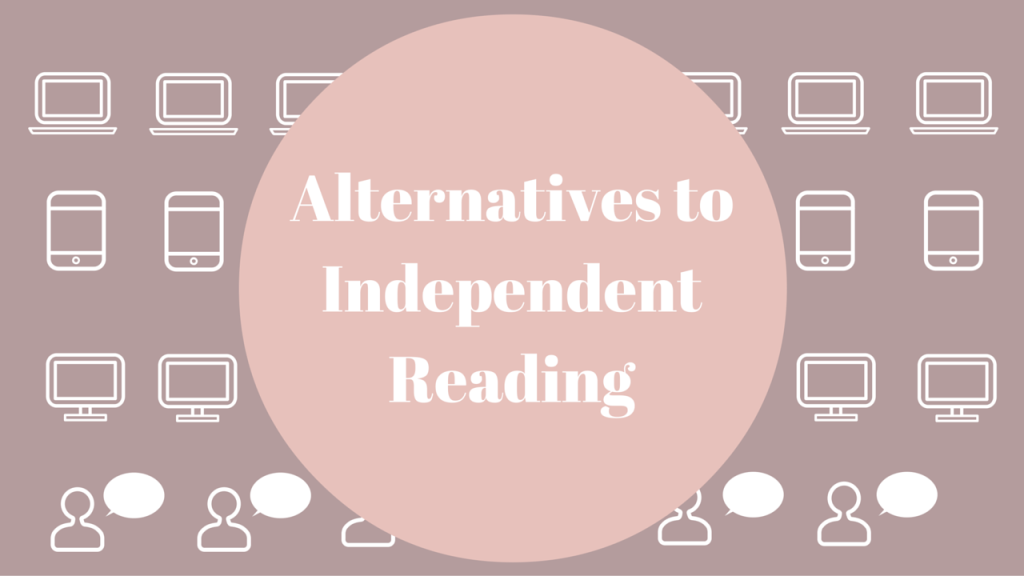Alternatives to Independent Reading
Written by Taylor Quinn
Published on March 10, 2016

Reading is essential for all students to grow academically, but is especially important to dyslexics. However, dyslexics’ difficulties often discourage them to pick up a book in the first place. Thankfully, independent reading is not the only way to expose your child to new vocabulary, ideas and continue to strengthen their literacy skills.
Reading aloud/recorded books:
Listening to books allow children to take in new content and vocabulary without getting frustrated by the speed at which they read. This method also allows children to form a positive relationship with literature, instead of only seeing it as a hurdle needed to be overcome or a source of embarrassment they will learn the entertainment and story connected with reading.
Including children in adult conversations:
Because dyslexics have trouble with written language, they often develop exceptional listening skills. By including them in sophisticated conversations, you can improve on those skills even further. Asking their opinion on the topics you might be discussing will also improve their critical thinking skills.
 Radio/podcasts:
Radio/podcasts:
According to the Yale Center for Dyslexia & Creativity, dyslexics love being experts on content. Listening to radio shows or podcasts will provide them with a wide variety of knowledge in the topics of their choice, which will help their confidence in the classroom.
Drawing/acting out words:
Visualizing new words will help your child associate a meaning with a fresh vocabulary word. Memorizing the spelling of words does not do that, a child can “fake” that they know the word but they can’t “fake” a picture. Connecting a picture next to the definition is helpful because the word will now be in two different parts of the memory bank.
Though these methods will help your child in their academic journey, there is no substitute for reading. Many children need to be taught to read using a different method. For more information on professional reading intervention click here.
Improve Your Child’s Reading
Learn more about Lexercise today.
Schedule a FREE
15-minute consultation

